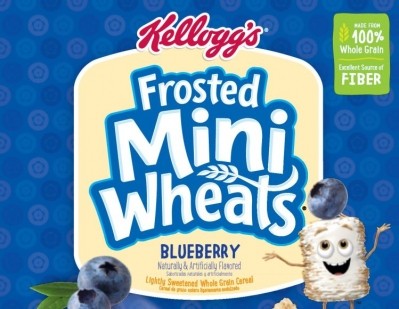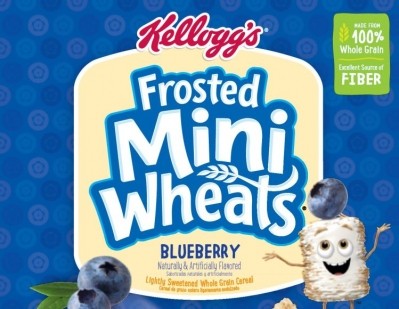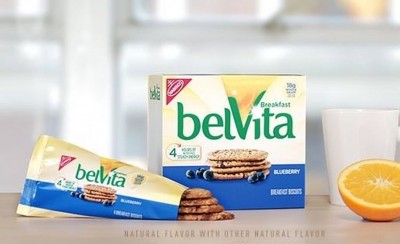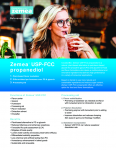Kellogg challenges class certification in sugary cereals lawsuit: ‘This is not a case involving an ingredient like nicotine that is inherently unsafe in any amount’
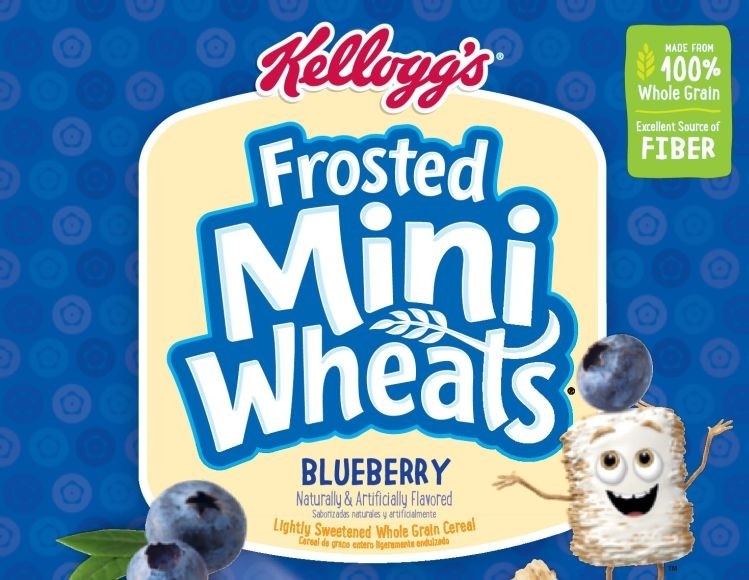
In the lawsuit*, plaintiff Stephen Hadley took issue with terms including ‘healthy,’ ‘nutritious,’ ‘wholesome,’ and ‘lightly sweetened’ on selected Kellogg’s cereals, which he argued implied they were low in sugar “when they actually are composed of 18% to 40% added sugar.”
In an August 17 order, Judge Koh certified three classes of consumers in California exposed to ‘lightly sweetened’ claims on Frosted Mini-Wheats and Smart Start cereals and ‘heart healthy’ claims on Raisin Bran and Raisin Bran Crunch on or after August 29, 2012.
In a petition seeking leave to appeal the order filed on August 31, however, attorneys for Kellogg argue that the plaintiff’s theory of liability – that consumption of Kellogg’s cereals leads to increased risks of heart disease, diabetes, and other health problems – can only be adjudicated on individual grounds (were individual consumers harmed by consuming the cereals?).
“This theory of deception cannot be adjudicated on a class-wide basis, as the health effects of eating Kellogg’s cereals by its very nature is an individualized inquiry…This is not a case involving an ingredient like nicotine that is inherently unsafe in any amount. Instead, it involves sugar, which the body indisputably requires. Nor are the products especially high in sugar…”
They also claim that Koh erred in setting up the class as consumers who saw the challenged advertising, since there’s no way to determine which messages consumers saw as different labeling was on the cereal boxes throughout the class period. They separately make technical arguments relating to Koh’s interpretation of previous cases as regards adequacy and typicality, and expert witnesses.
Plaintiff Stephen Hadley, has in turn, filed his own petition to review Judge Koh’s class certification order, in which he argues that she erred in refusing to certify a class of consumers exposed to allegedly misleading labels on Nutri-Grain bars. He also queried her assessment of the appropriate damages model in the case.
How much sugar is in the Kellogg's cereals referenced in the lawsuit?
- Kellogg's Raisin Bran: 18g sugar/serving, 37.9% calories from sugar
- Kellogg's Raisin Bran Crunch: 19g sugar/serving, 40% calories from sugar
- Kellogg's Frosted Mini-Wheats, blueberry: 12g sugar/serving, 25.3% calories from sugar
- Kellogg's Smart Start cereal: 18g sugar/serving, 30% calories from sugar
Attorney: ‘Kellogg’s challenges to the order absolutely hit the mark’
Asked whether Kellogg’s petition had legs, Mayer Brown attorney Dale Giali told FoodNavigator-USA: “I think Kellogg’s challenges to the order absolutely hit the mark, are well-warranted and should be considered and decided by the Ninth Circuit [court of appeals] now.
“The Ninth Circuit is interested in these issues and in bringing consistency to class action jurisprudence, and that just makes [sense] in the current climate given the explosion of consumer class actions in federal court under the Class Action Fairness Act.
“The question is whether the Ninth Circuit thinks these issues are important enough and have arisen in this case in a manner that warrants interlocutory review. It’s very difficult to handicap that particular question. While the Ninth Circuit grants more of these types of petitions than other circuits, it still hovers around only 20%.”
Kellogg told FoodNavigator-USA: "We don’t comment on ongoing litigation, but we can say Kellogg believes in transparency and ensuring consumers have access to the information they want and need to make decisions about what food to buy. We include all nutrition information on our labels."
*The case is Hadley v. Kellogg Sales Company, 5:16-cv-04955, filed in the northern district of California on August 29, 2016.
If up to 40% of the calories in breakfast cereals are from added sugar, and brands describe them as ‘lightly sweetened,’ are they misleading shoppers? Perhaps, says a federal judge who has just certified three classes of consumers in a false advertising lawsuit vs Kellogg.
